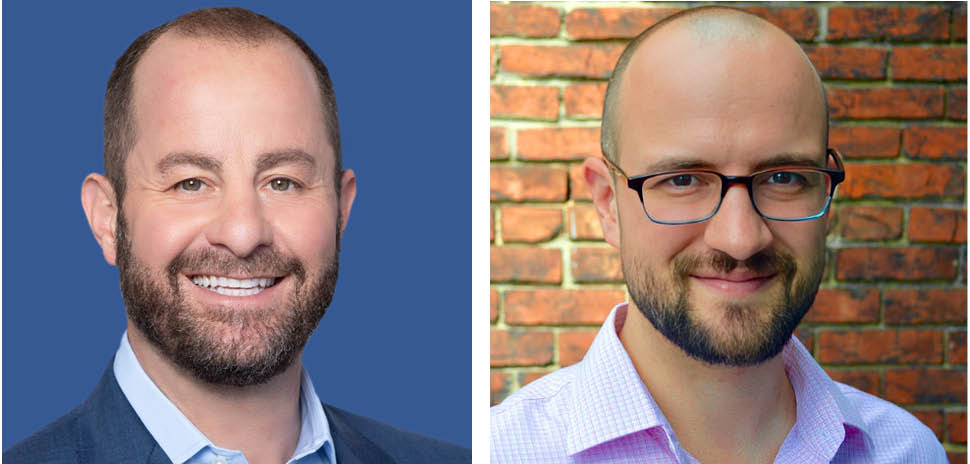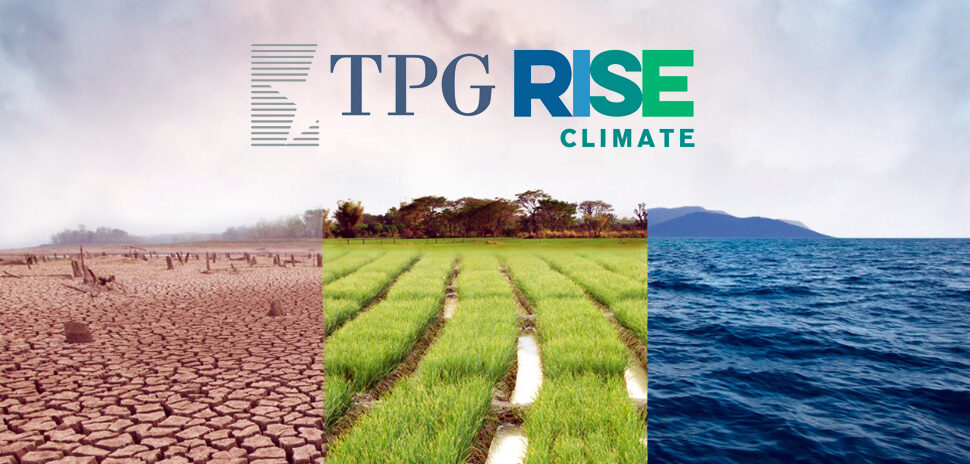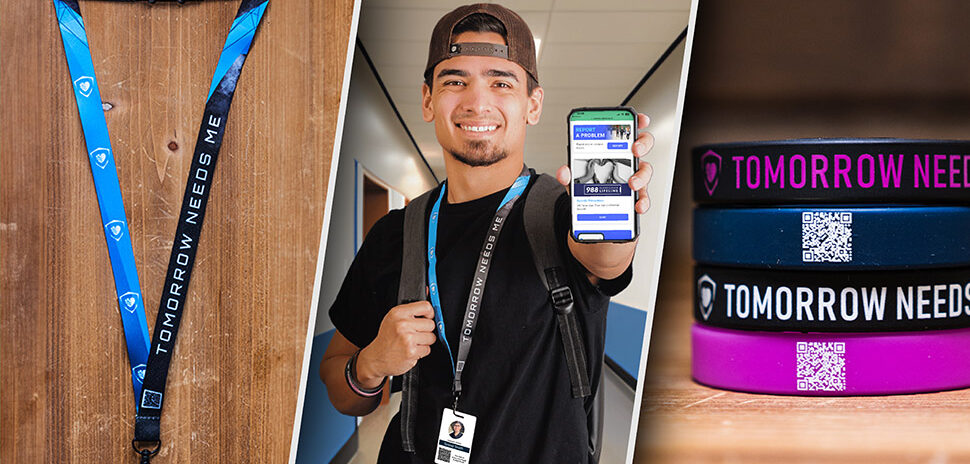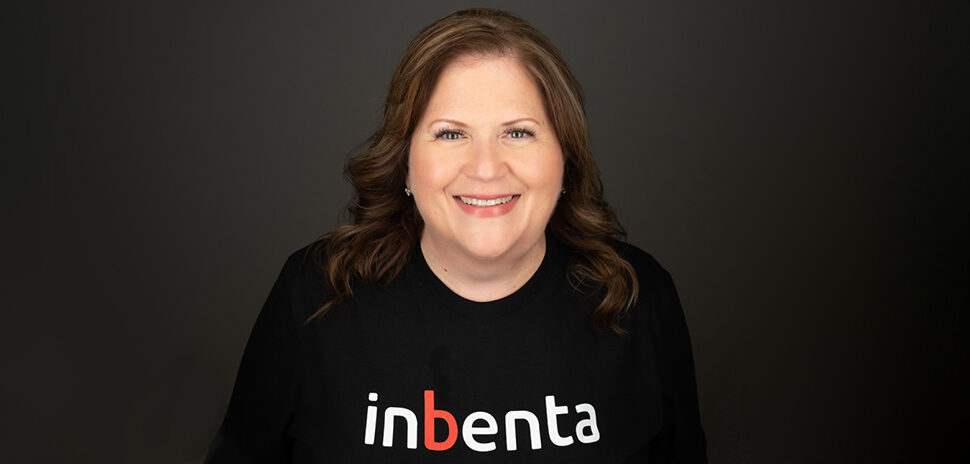Global alternative asset management firm TPG announced that TPG Growth, the firm’s middle market and growth equity platform, will make up to a $228 million strategic majority investment in Washington, D.C.-based Sayari, a risk intelligence provider focusing on counterparty and supply chain risks.
Fort Worth and San Francisco-based TPG said Sayari’s founders, employees, and existing investors will retain a significant stake in the company.
“As the global business landscape continues to evolve, companies are facing an increasingly complex set of risks and are being held accountable for the counterparties with which they partner,” TPG Partner Mike Zappert said in a statement.
According to Zappart, Sayari sits at the intersection of these trends. “Through its unique data assets built over many years, Sayari’s platform drives greater insights into emerging threats and gives organizations more power to protect the people, businesses, and nations they serve,” he said. “TPG has invested behind leading information services and government technology businesses for more than two decades, and we look forward to partnering with the Sayari team on their journey.”
Harvesting ‘comprehensive corporate and trade data’ worldwide
Founded in 2015, Sayari offers a platform that integrates global corporate and supply chain data to reveal risk insights for investigations, analytics, and supply chain risk management. The company says its platform is trusted by users from across global regulators, law enforcement, and national security agencies, as well as over 100 of the world’s largest public and private companies.
On its website, the startup notes that it has “harvested comprehensive corporate and trade data from more than 250 jurisdictions worldwide to surface previously hidden risk in an intuitive network analysis platform.”
Accelerating global expansion
Sayari said it has seen explosive growth since the release of its platform in 2020, earning consecutive rankings by Deloitte and Inc. Magazine as one of the fastest growing technology companies in North America. Its partnership with TPG will accelerate the startup’s global expansion in 2024 and support the launch of a new supply chain illumination platform leveraging responsible AI to extract deeper insights from Sayari’s supply chain data, the companies said.
“Whether it’s a regulatory body or Fortune 500 company, our platform arms leaders with the information they need to make decisions that promote safer global commerce,” Sayari co-founder and CEO Farley Mesko said in a statement.
Mesko called the TPG partnership a “crucial milestone” in his company’s journey to revolutionize the landscape of risk intelligence technology.
The company is set to launch its second product, a “fully automated supply chain screening platform” that leverages what Mesko calls an “industry-leading knowledge graph” alongside its advanced technologies.
“We see a massive opportunity in the supply chain risk space to drive down costs and deliver superior insights to decision makers, and we’re pleased to have a partner who shares our vision,” Mesko said. “TPG brings tremendous resources, operational expertise, and a customer-first philosophy that is truly unique.”
The companies said the investment comes at a time of considerable growth for Sayari.
Last year, it was awarded contracts in the U.S., U.K., Canada, Australia, and the European Union, supporting trade enforcement, forced labor risk, military end-use restrictions, and complex investigations. Sayari said that as regulatory scrutiny over global supply chains has spread, its expansion into international governments has accelerated 950% over the past year. It added that with momentum across government and enterprise, TPG and Sayari aim to develop groundbreaking technology that tackles the world’s most pressing challenges.
![]()
Get on the list.
Dallas Innovates, every day.
Sign up to keep your eye on what’s new and next in Dallas-Fort Worth, every day.

































































